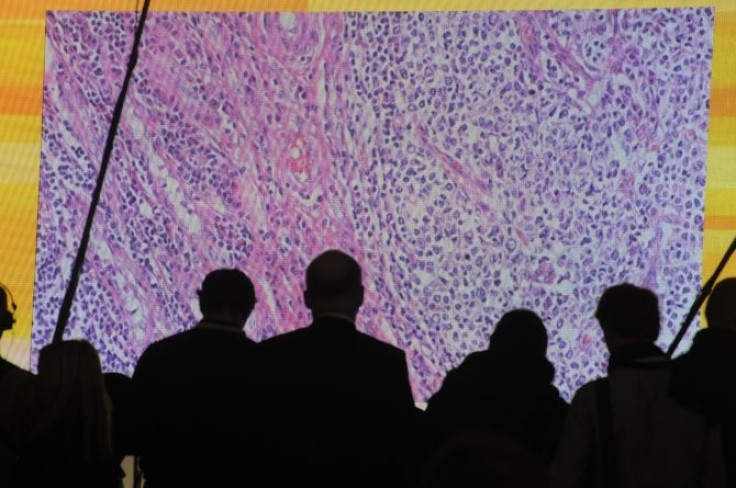One Biopsy May Not Be Enough To Determine Treatment, Cancer More Complex Than Previously Thought

Scientists have discovered that taking a sample or biopsy from just one part of a tumor may not reveal its full genetic identity, which may explain why doctors using genetically targeted drugs are still unable to save some patients whose cancer has spread.
The findings suggest that personalized-medicine strategies based on a single biopsy is not enough to determine cancer’s ability to evolve, adapt and resist treatment, according to the study authors.
Scientists from Cancer Research UK conducted the first genome-wide analysis of the genetic variation between different parts of the same tumor using samples from four patients with kidney cancer.
“We used every possible genomics technique available. Even then we were only scratching the surface,” lead author Charles Swanton from Cancer Research UK’s London Research Institute told Nature.
They examined 10 biopsies taken from a single kidney cancer and found "an extraordinary amount of diversity" in the genetic changes in different regions of the tumor. Scientists found that about two thirds of genetic faults did not occur in other biopsies from the same tumor, and just about 30 percent of the mutations were shared among the samples.
Researchers found that even samples taken next to each other in the kidney tumors were not identical.
Researchers said that the diversity of a single tumor may explain why scientists have struggled to find useful biomarkers, which usually rely on a single biopsy, that are indicative of cancer, and are many times misleading. They found both good and poor prognosis in different parts of the tumor.
Swanton was not surprised by the findings, but he believes that the results may help explain why cancers are so difficult to treat once they have spread.
"We need to think of tumors like trees, with common mutations in the trunk but the more they spread into the branches the greater the genetic diversity," Swanton said, according to BBC reports.
The findings are published in the March 8 issue of the New England Journal of Medicine.



























